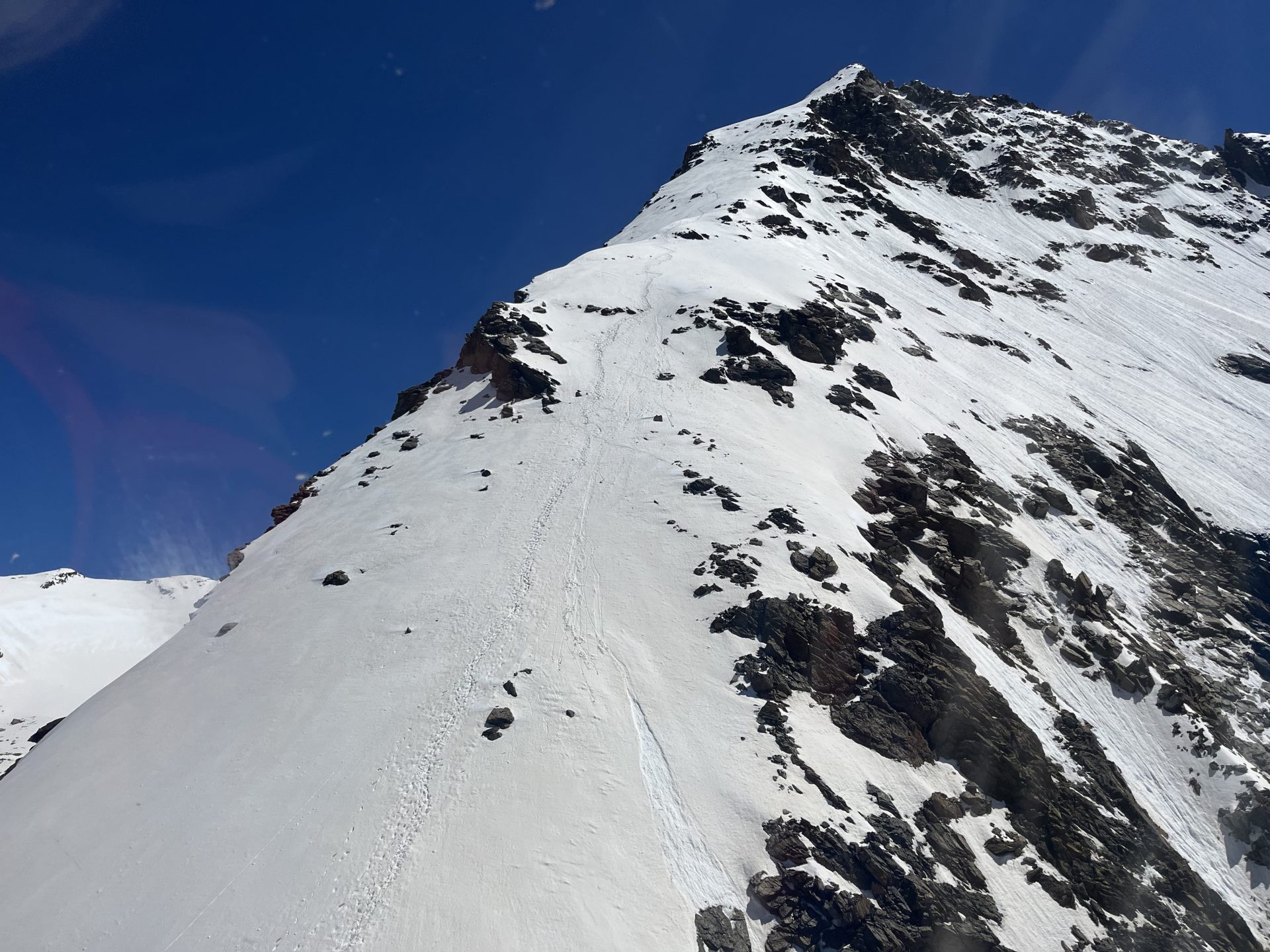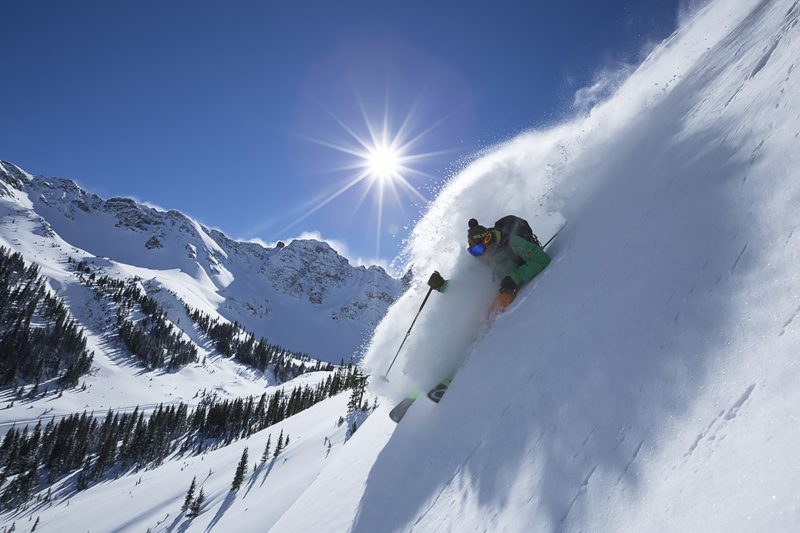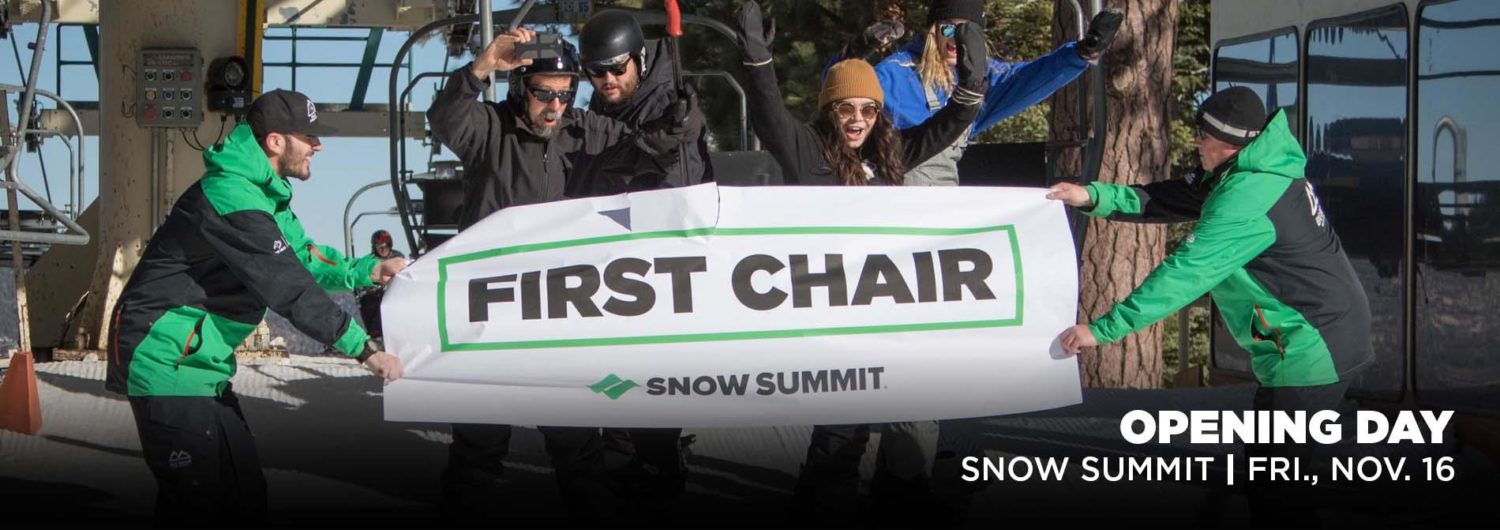Whistler is a hub of outdoor and mountain enthusiasts. Long time Whistler local, Wayne Flann, a 30 year veteran of the Blackcomb Ski Patrol, has spent most of his life working and playing in the mountains. His blog, www.wayneflannavalancheblog.com, has become one of the main resources for avalanche and backcountry information in the Sea to Sky Corridor. Started in 2011 because he saw a need for snowpack information for early season backcountry skiers and riders, it has blossomed into one of the sources for weather, snowpack info, and avalanche updates and has a devoted following among avalanche professionals and backcountry enthusiasts alike.

 Wayne is no stranger to the risk associated with working and playing in the mountains. He has been with Whistler Search and Rescue for many years, is a former avalanche forecaster, professional ski patroller, professional member of the Canadian Avalanche Association, a paramedic and a long line helicopter rescue specialist. Suffice it to say, Wayne has been there and done it, many times over. Over year ago, while out ski touring with his partner in the backcountry adjacent to Blackcomb Mountain, Wayne was amazed at how many folks were out there without the proper gear. “On our way back, near the end of the day, we saw a size 2.5 avalanche that had run where multiple groups without gear had been skiing all afternoon.” From that, Wayne had an idea for some sort of education piece that gave backcountry skiers and riders a little guidance along the lines of a backcountry responsibility code.
Wayne is no stranger to the risk associated with working and playing in the mountains. He has been with Whistler Search and Rescue for many years, is a former avalanche forecaster, professional ski patroller, professional member of the Canadian Avalanche Association, a paramedic and a long line helicopter rescue specialist. Suffice it to say, Wayne has been there and done it, many times over. Over year ago, while out ski touring with his partner in the backcountry adjacent to Blackcomb Mountain, Wayne was amazed at how many folks were out there without the proper gear. “On our way back, near the end of the day, we saw a size 2.5 avalanche that had run where multiple groups without gear had been skiing all afternoon.” From that, Wayne had an idea for some sort of education piece that gave backcountry skiers and riders a little guidance along the lines of a backcountry responsibility code.
- Wayne Flann.
Photo – wayneflannavalancheblog.com
After working for over a year with local rescue agencies like Whistler Blackcomb, Whistler, Pemberton and Squamish SAR, local ACMG Guides, the RCMP, the Canadian Avalanche Centre and BC Parks, and having forums for public inputs, Wayne, along with some design help from Jill Grotto at the Whistler Blackcomb sign shop, came up with the 10 Essentials for Backcountry Exploration. “It’s been a long process,” says Wayne, “with input from local avalanche professionals and public from the Sea to Sky Corridor, but we’ve finally come up with what we see as ten essentials for folks traveling into the backcountry.”

- The Ten Essentials…
Image courtesy of Whistler Blackcomb.
The essentials are pointed and relevant, with the main thrust of the message being, ‘If you don’t know, don’t go.” Indeed. I myself have seen too many folks go into the backcountry completely unprepared for self rescue or worse, make aggressive decisions in high hazard environments. All too often, folks end up in over their head, the consequences of which can be catastrophic.
As of this past week, signs with the above image have been posted at each backcountry access point on both Whistler and Blackcomb Mountains. Wayne has already been approached by local papers and the Canadian Avalanche Centre, as well as some agencies and ski areas in the United States about using the ten essentials as a teaching point. “Now we just want to get the word out” says Wayne. Education is critical and the ten essentials will be a great tool for teaching people what they need to know, before they go.
The mountains will always hold an inherent risk, but we can minimize that risk through education, training and experience. So get out there and get educated. Take a course, learn about avalanche hazard and self rescue. Find a mentor and spend some time doing what we all love to do. Always remember that erring on the side of caution will never be a bad decision. If you don’t know, do go. For more info, visit www.wayneflannavalancheblog.com.
Be safe, ski hard.
Further Reading:





